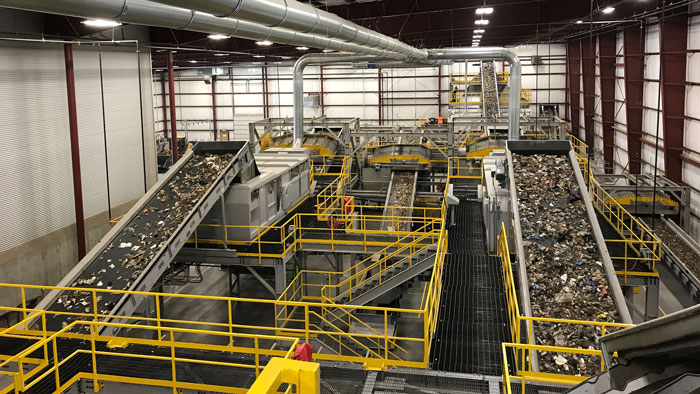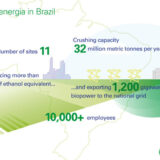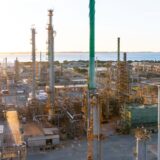
BP and Johnson Matthey license innovative waste-to-fuels technology to Fulcrum BioEnergy
BP and Johnson Matthey (JM) have signed an agreement with Fulcrum BioEnergy to license their Fischer Tropsch (FT) technology to support Fulcrum’s drive to convert municipal solid waste into biojet fuel. Based in Pleasanton, Calif., U.S.A., Fulcrum is leading the development of a reliable and efficient process for transforming municipal solid waste into transportation fuels, including jet fuel and diesel fuel.
BP and Johnson Matthey have developed a simple-to-operate and cost-advantaged FT technology that can operate both at large and small scale to economically convert synthesis gas, generated from sources such as municipal solid waste and other renewable biomass, into long-chain hydrocarbons suitable for the production of diesel and jet fuels. Fulcrum will use the BP and Johnson Matthey technology in their new Sierra BioFuels Plant located in Storey County, Nev., U.S.A.
The Sierra plant will be the first commercial-scale plant in the U.S. to convert municipal solid waste feedstock, or household garbage that would otherwise be landfilled, into a low-carbon, renewable transportation fuel. When the plant begins commercial operation, planned for the first quarter of 2020, Sierra is expected to convert approximately 175,000 tons of household garbage into approximately 11 million gallons of fuel each year: equivalent to the fuel needed for more than 180 return flights between London and New York.
“Through our partnership with Johnson Matthey, we have developed a robust high-quality technology built on great science and great engineering. Our technology can help deliver innovative low carbon fuels that can play an important role in the energy transition. We see this first licence as a stepping stone to other similar opportunities,” said Angelo Amorelli, BP’s technology vice-president of group research.
“JM is a leader in science that makes the world cleaner and healthier and in bringing this latest technology to market, we continue to apply our expertise to tackle some of the world’s biggest challenges. We are delighted that Fulcrum has selected this technology to support their ambitions in supplying renewable fuels at significant scale. This is an important step in decarbonising transportation fuels and we will continue to use our science and engineering skills to facilitate wider adoption of this technology,” said Eugene McKenna, Johnson Matthey’s business development and innovation director.
Both BP and Johnson Matthey have been developing Fischer Tropsch technology for more than 30 years and in 1996 joined forces to incubate and further develop the technology. Together they have developed a system that delivers three times the productivity of a conventional multi-tubular fixed bed reactor and halves the capital expenditure when compared to traditional FT reactors. The technology also delivers significant environmental and operational benefits.
“We have been following BP and Johnson Matthey’s progress for several years, including the demonstrated performance and reliability of their innovative design. We are pleased to partner with them and license this improved FT technology for our Sierra BioFuels Plant,” said Jim Macias, Fulcrum BioEnergy president and chief executive officer. “The BP/JM technology enhances the value of Fulcrum’s process for converting waste to low-carbon, drop-in fuels. We look forward to working with BP and JM as we build out our large development program.”
.gif)










.png)

